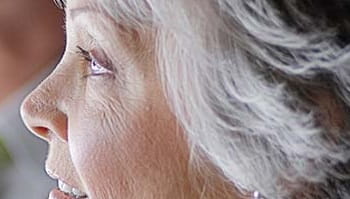

Alzheimer's disease is the most common cause of dementia. Dementia is the impairment or loss of mental abilities, including memory and reasoning skills.
Alzheimer's disease is a progressive condition, in which the symptoms appear gradually and get worse over time. The symptoms range from subtle memory and thinking changes to eventually depending completely on others for basic day-to-day activities.
Estimates vary, but experts suggest that more than 5 million Americans may have Alzheimer's disease. Globally, it is estimated to affect approximately 35 million people. By 2050, that number is expected to triple to 115 million cases as the world population ages.
There are opportunities for people with Alzheimer's disease and for healthy volunteers to contribute to clinical research in Alzheimer's disease and potentially change the future treatment of this life-limiting condition. Sometimes, Alzheimer's disease clinical trials require participants to have trial partners to support them during their time in the trial, so your family or friends may be able to help too.
The resources below provide further information on Alzheimer’s disease and advice on taking part in clinical research.

Discover some common early symptoms and signs of Alzheimer's dementia

Clinical trials find possible link between sleep disorders and dementia